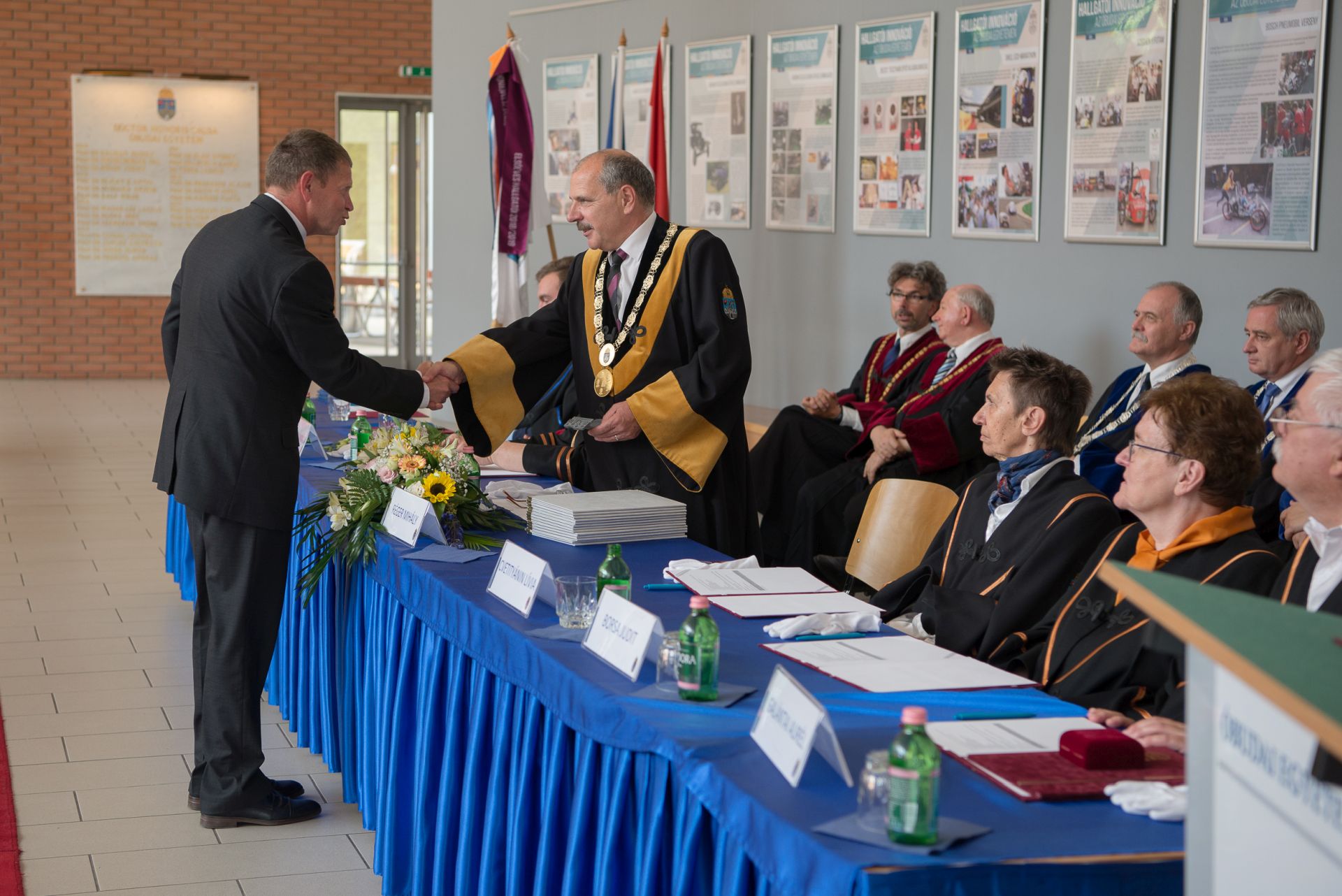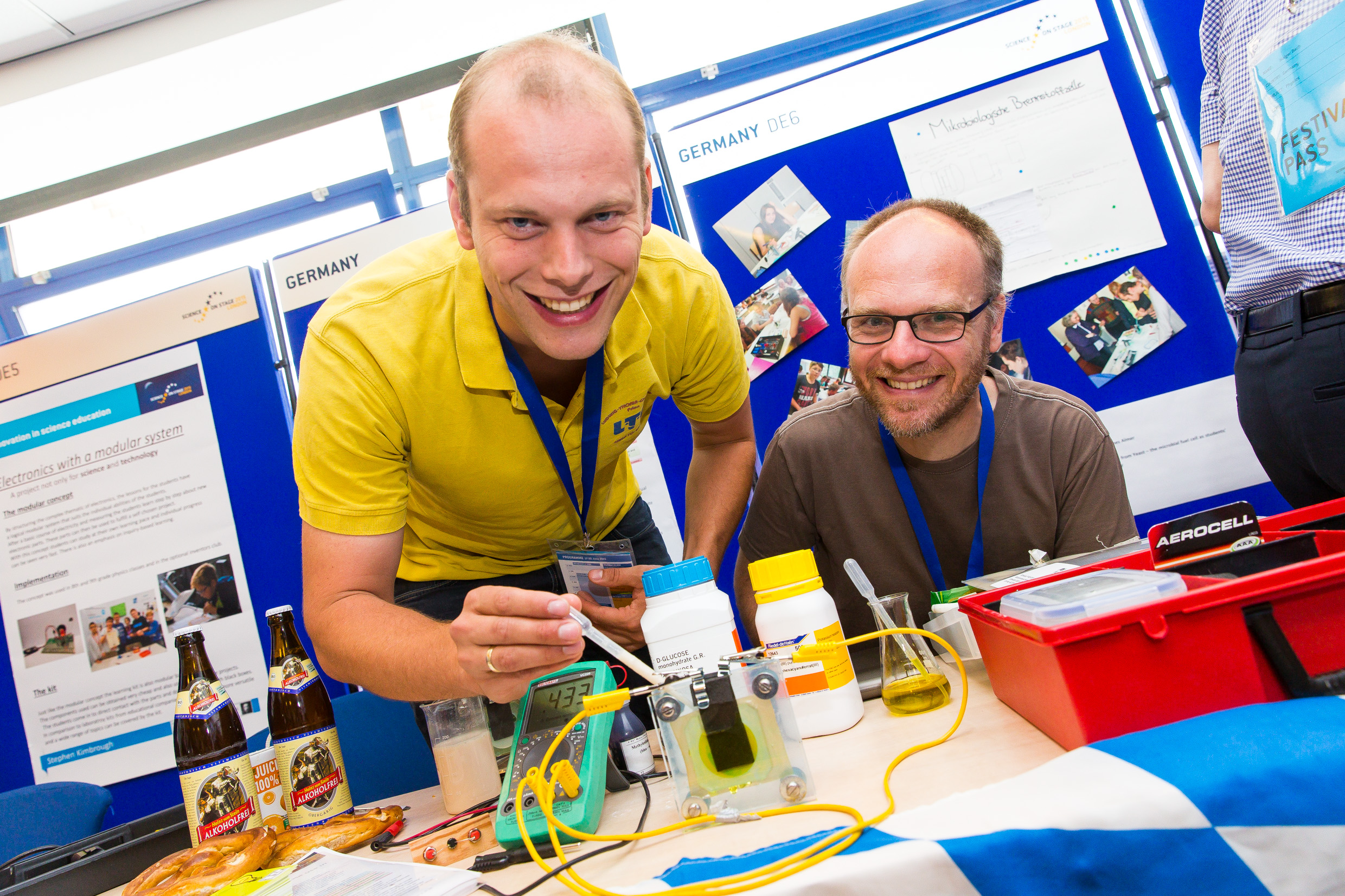STEM Ondernemers voor de Klas ('STEM Entrepreneurs in the Classroom')
STEM Ondernemers voor de Klas (‘STEM entrepreneurs in the classroom’), or ‘STEM OvK’. Is an initiative of the Flemish organisation ‘Vlaamse Jonge Ondernemers’ (VLAJO) aimed at engaging students with STEM-driven entrepreneurship at a young age through guest-lectures by successful STEM entrepreneurs.
STEM Ondernemers voor de Klas (‘STEM entrepreneurs in the classroom’), or ‘STEM OvK’. Is an initiative of the Flemish organisation ‘Vlaamse Jonge Ondernemingen’ (VLAJO) aimed at engaging students with STEM-driven entrepreneurship at a young age. The programme is a spin-off of the existing ‘Ondernemers voor de Klas’ (‘Entrepeneurs in the classroom’ – OVK) initiative. The programme facilitates guest-lectures by STEM entrepreneurs in STEM courses that provide context to the curriculum, highlighting the practical application and opportunities of STEM in enterprises and the link between STEM and societal challenges like climate change, healthcare, etc. Each guest-lecture is followed by a ‘wrap-up’ and evaluation organised by the teacher (supported by VLAJO).
Guest-lecturers are matched to schools in their geographic vicinity by a matching-programme (supported by a programme coordinator). After a school has been selected, the guest lecturer provides a one-hour guest lecture with time for questions. Each school year is kicked-off by a ‘boegbeeld’ (programme ambassador), a high-level company representative who’s guest lecture is used for broader campaigning purposes (and often covered by national media).
The main goal of the project is to enthuse students (14-18 years) for (STEM) entrepreneurship. On the organisational level VLAJO sets yearly benchmarks for the number of guest lectures, number of lecturers, number students and number of teachers. In addition, the quality of the activities is assessed through a questionnaire among participating teachers and guest-lecturers.
The STEM-OvK initiative has been positively evaluated by participants and has been widely covered in the media. Structural assessment of the long-term impact (e.g. impact on student behaviour) is not yet available.
In the period 2018-2020 around 200 STEM-OvK guest-lectures were implemented (compared to around 700 ‘regular’ OvK guest-lectures). For the most recent figures, please visit the programme website or contact the programme coordinators.
STEM-OvK is a public-privately financed initiative with the Flemish government covering around 70% of the operational budget and the remainder coming from a group of individual companies. This does not include ‘in kind’ contributions to the programme (e.g. time spent on guest lectures).










